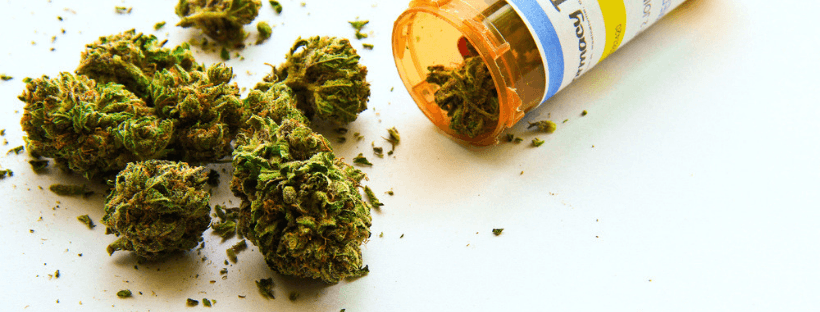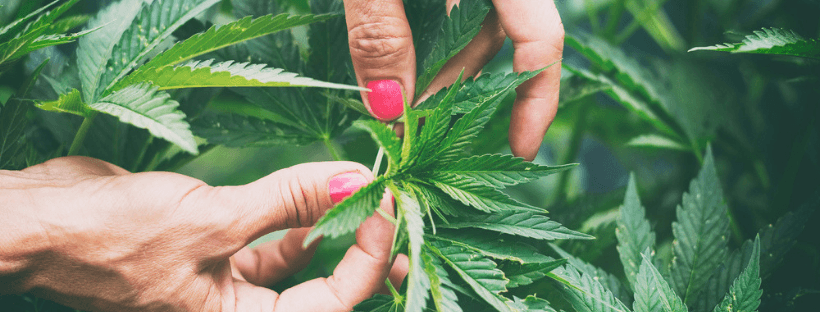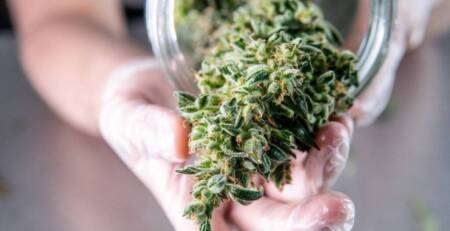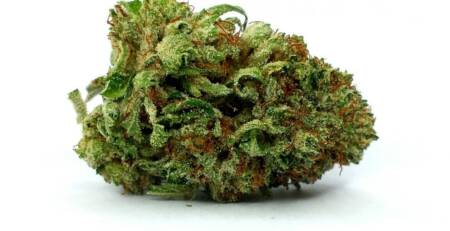Consuming Cannabis for Seniors
Lines were out the door and online stores sold out of product the day that recreational marijuana became legal in Canada. Hundreds of people flocked to make their first purchases of legal cannabis products. But not all of these customers were the young, hippie types that are often associated with marijuana in the movies. More and more seniors are starting to enjoy the benefits of cannabis products for a variety of conditions that come with age.
Did you know that seniors are the quickest-growing demographic for pot smokers over in the United States? What used to be a disgraceful habit has now become a natural alternative for seniors throughout North America who are experiencing pain and uncomfortable side effects. It looks like you can teach an old dog new tricks.
Whether you are a curious senior or you just want get high with your grandparents, this guide will give you a headstart on how cannabis can help seniors and how they can get started.
How can cannabis help seniors?
Seniors aren’t just buying cannabis to get high. Cannabis plants can help to treat or relieve symptoms from the following medical conditions:
- Cancer (cannabis can help treat nausea and vomiting symptoms)
- Alzheimer’s Disease (cannabis can help treat depression or loss of appetite)
- Chronic pain (including joint pain, neuropathic pain, etc.)
- Mental health disorders (including PTSD, depression, and anxiety)
- Glaucoma
- Sleep conditions
Seniors who are currently taking opioid medications for pain or other symptoms should seriously consider making the switch to marijuana. Nine out of ten seniors who used medical marijuana for chronic pain would recommend it to others. Making the switch from marijuana to opioids can still help seniors get the relief they need, but at a fraction of the cost. Marijuana also presents decreased risks of addiction or overdose; if a senior accidentally consumes too many pills due to forgetfulness, they might face serious side effects.
Cannabis can help seniors kick back and relax or treat more serious conditions. The great thing about legalized cannabis in Canada is that doctors may prescribe cannabis products based on their patients’ needs and retailers can help elderly customers who might have questions about what products are best for certain ailments or symptoms.
What if seniors don’t want to get high?
Before buying cannabis products for yourself or for a senior in your life, it is important to understand that not all cannabis products will get you “high.” Seniors who are hesitant to touch cannabis and endure the psychoactive effects of the plant can safely experiment with cannabis and still feel in control of their mind.
Seniors should look for products that either contain THC or CBD. THC is the compound that will gets users high; CBD offers results that don’t mess with the mind. (Many CBD enthusiasts do experience a slight feeling of relaxation after consuming CBD, but they do not feel high.)
CBD Products
Seniors who prefer not to get high can still find pain relief and treatment through CBD products. CBD products may have small amounts of THC, but not enough to have a big effect.
CBD products can be taken orally or topically, giving seniors many options to consume the products. They can purchase CBD products in the form of:
- Balms and creams
- Oils
- Capsules
- Vape pens
- Patches
Marijuana on the Market
Marijuana products contain varying ranges of THC and CBD. Medical marijuana may be a great way to start experimenting with cannabis products. Doctors can prescribe strains that have the strength and effects that seniors are looking for. Seniors may be able to consume medicinal marijuana as a pill, droplet, or other forms, depending on their prescription.
If seniors want to experiment with different types of recreational marijuana on the market, they have a variety of ways to start consuming marijuana:
- Pre-rolled joints
- Edibles (cookies, brownies, butter, olive oil, etc.)
- Vape pens
Seniors can purchase these items online and have them directly delivered to their door or retirement community.
Best Strains of Marijuana for Seniors
Any senior can walk into a store that sells marijuana and order a few cookies. For many seniors, especially those who never smoked before, that choice can be overwhelming. Online and brick-and-mortar retailers offer dozens of different strains. Their names don’t always help seniors out either. Seniors who are new to marijuana should consider the following three strains if they want to start experimenting:
Blue Dream
Blue Dream is popular among marijuana enthusiasts no matter how old they are. This indica strain helps smokers relax without weighing them down. Seniors can still stay active after consuming Blue Dream, and can enjoy relief from pain throughout the stomach, back, and other areas of the body. This strain won’t put users to sleep, but if they do decide to rest, they will enjoy some sweet dreams.
Harlequin
Harlequin is a great strain for users who may be hesitant to ingest too much THC. The strain has high CBD levels; users often report that they feel relief from pain and don’t experience a high after smoking Harlequin. Seniors who suffer from inflammatory diseases or arthritis should definitely consider picking up some of this hybrid strain.
Green Crack
Despite an unappealing name, Green Crack is a pleasant sativa strain that puts some pep in your step. Seniors who experience fatigue should consume Green Crack throughout the day for an energetic, happy feeling. Nothing will get you jogging around the senior center more than a puff of Green Crack.
Need a New Hobby? Try Growing Your Own!
Seniors who are looking for a new hobby can also grow their own marijuana for personal consumption. Our guide to growing marijuana in Canada can give seniors everything they need to know about what to buy and how to set up a grow room in their home. Before seniors start to grow marijuana plants, they should check with their landlord or supervisors within their retirement community.
There are many ways that Canadian seniors can enjoy marijuana and cannabis products. Before consuming, seniors should consult with their doctor and discuss the use of cannabis and how it may affect them based on their current medication regimen or daily activities.













